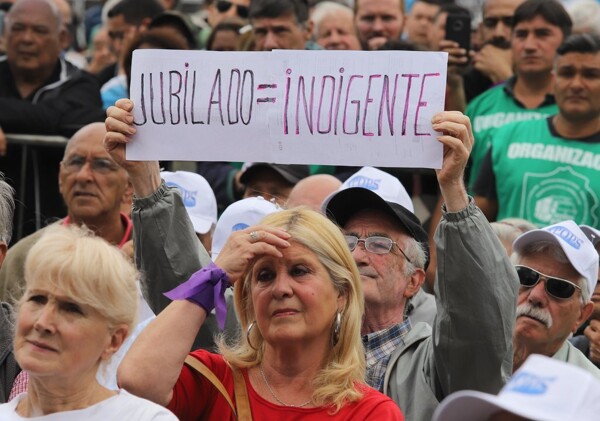
Inflation in the City of Buenos Aires has recorded a significant decrease, reaching 2.1% in February, thanks to the drop of 4.8% in seasonal goods and services. Camilo Tiscornia from C&T explained that the drop in transportation prices, linked to tourism, has influenced the reduction in inflation, as well as the behavior of other sectors such as restaurants and culture, which have seen more moderate increases. The February analysis reveals that food prices, especially meats, have been the main contributors to inflationary dynamics, while the costs of services, including restaurants and rentals, have also shown significant increases. According to the latest reports from Idecba, the prices of goods increased by 1.9% in February, compared to 1.4% in January, while services experienced an average increase of 2.1%, notably lower than the 4.3% recorded in the previous month. Year-on-year inflation in the City of Buenos Aires stands at an alarming 79.4%. The discrepancy in inflation indices is due to the composition of the price measurement basket in the capital, where services have a greater weight compared to goods, which dominate in the national calculation. The Market Expectations Survey, prepared by the Central Bank, anticipates a national CPI of approximately 2.3% for February, a figure that coincides with projections from the Libertad y Progreso Foundation. Meanwhile, C&T Economic Advisors and Analytica Consultora have estimated inflation of 1.9% and 2.4%, respectively, for the same month. This context presents a complex scenario for the Argentine economy, where inflation expectations remain a matter of priority attention. The next report from Indec will be published the day after tomorrow, and it is expected that the national figure will be slightly higher than the porteño. Since October, IPCBA has maintained a level higher than that of Indec, which has recently surpassed the 3% barrier.














